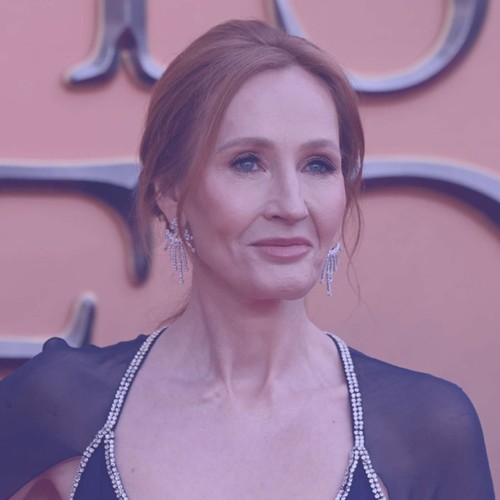
 English Learning for Curious Minds | A More Interesting Way To Learn English
English Learning for Curious Minds | A More Interesting Way To Learn English #490 | JK Rowling & Transgenderism
Jul 18, 2024
Famous author JK Rowling discusses her controversial views on transgenderism, sparking debates on free speech laws. Topics include her reasons for speaking out, public reactions, impact on education, personal experiences influencing her opinion, criticism from Harry Potter actors, and ongoing role in the public debate.
AI Snips
Chapters
Transcript
Episode notes
Rowling's Controversial Support Tweet
- JK Rowling tweeted in support of Maya Forstater who lost her job over views on sex and gender.
- This tweet sparked both massive support and intense backlash including death threats.
Rowling's Reasons for Speaking Out
- Rowling's five reasons for speaking out include charity work, teaching experience, and concerns for women's safety.
- She also empathizes with trans people but fears erosion of women's rights and education impacts.
Criticism of Rowling's Public Posts
- Rowling's Twitter posts have been criticized as lacking sympathy and labeled transphobic.
- Former Harry Potter actors and fans have publicly rejected her views, linking her books' themes to acceptance of identity.
